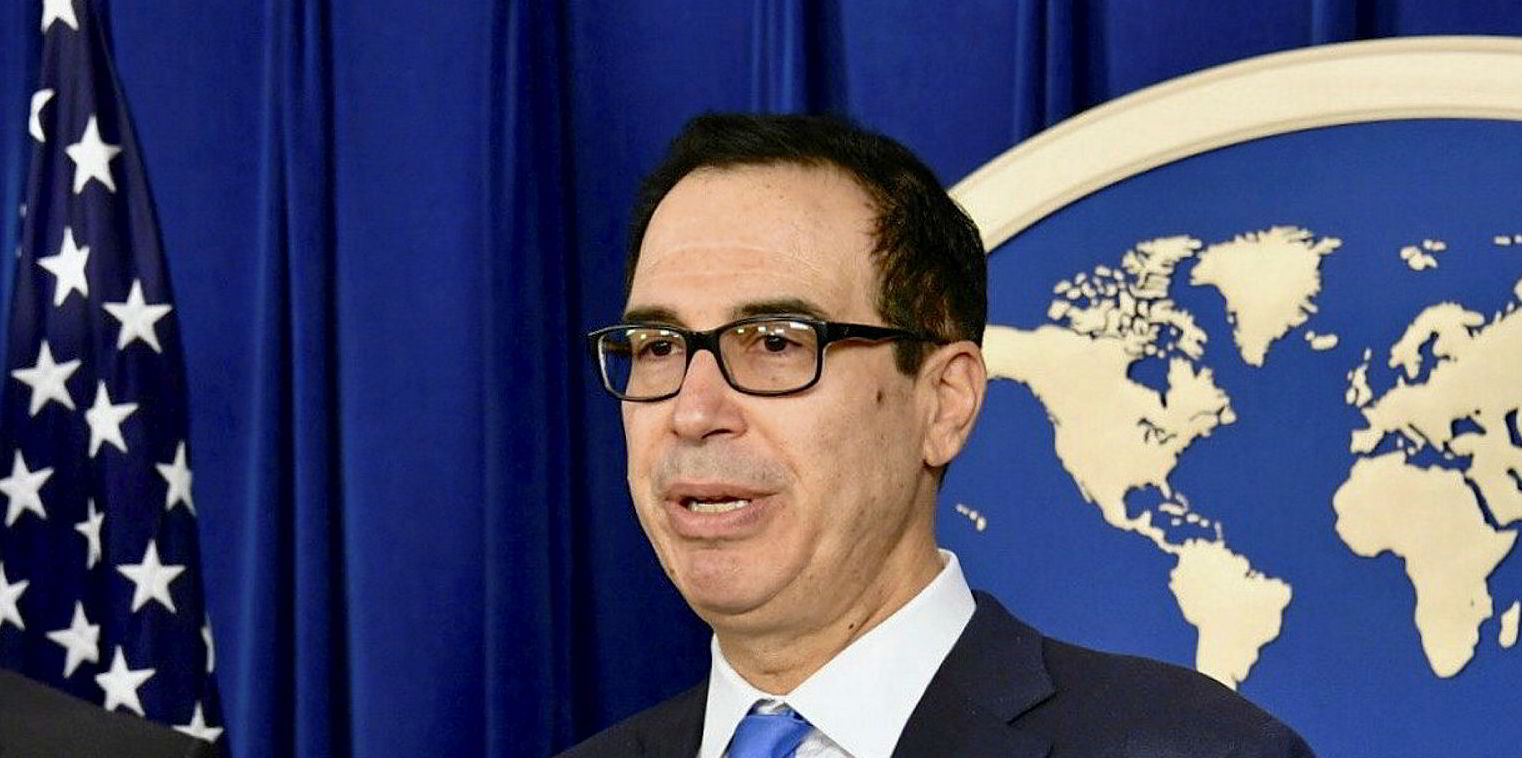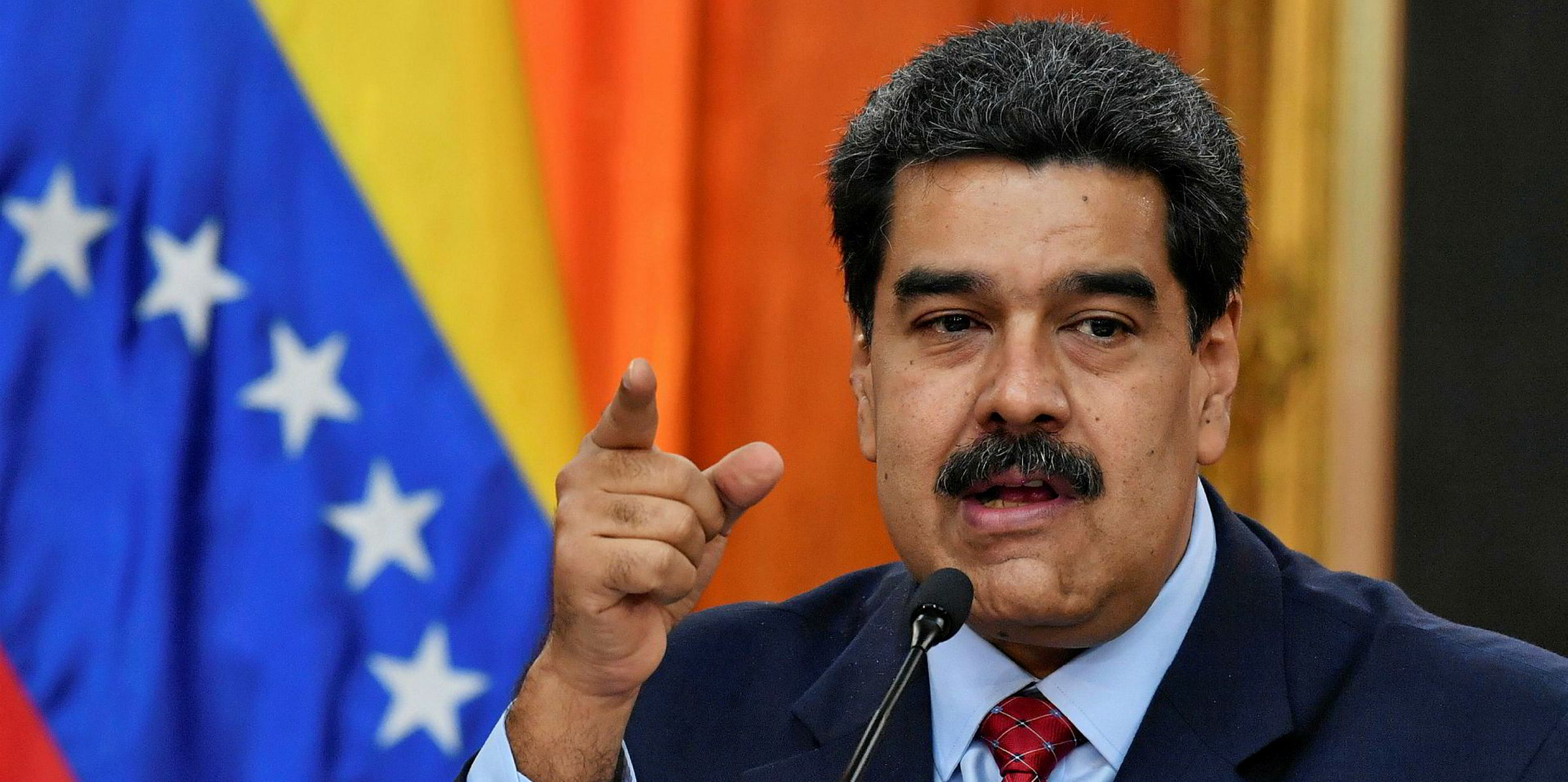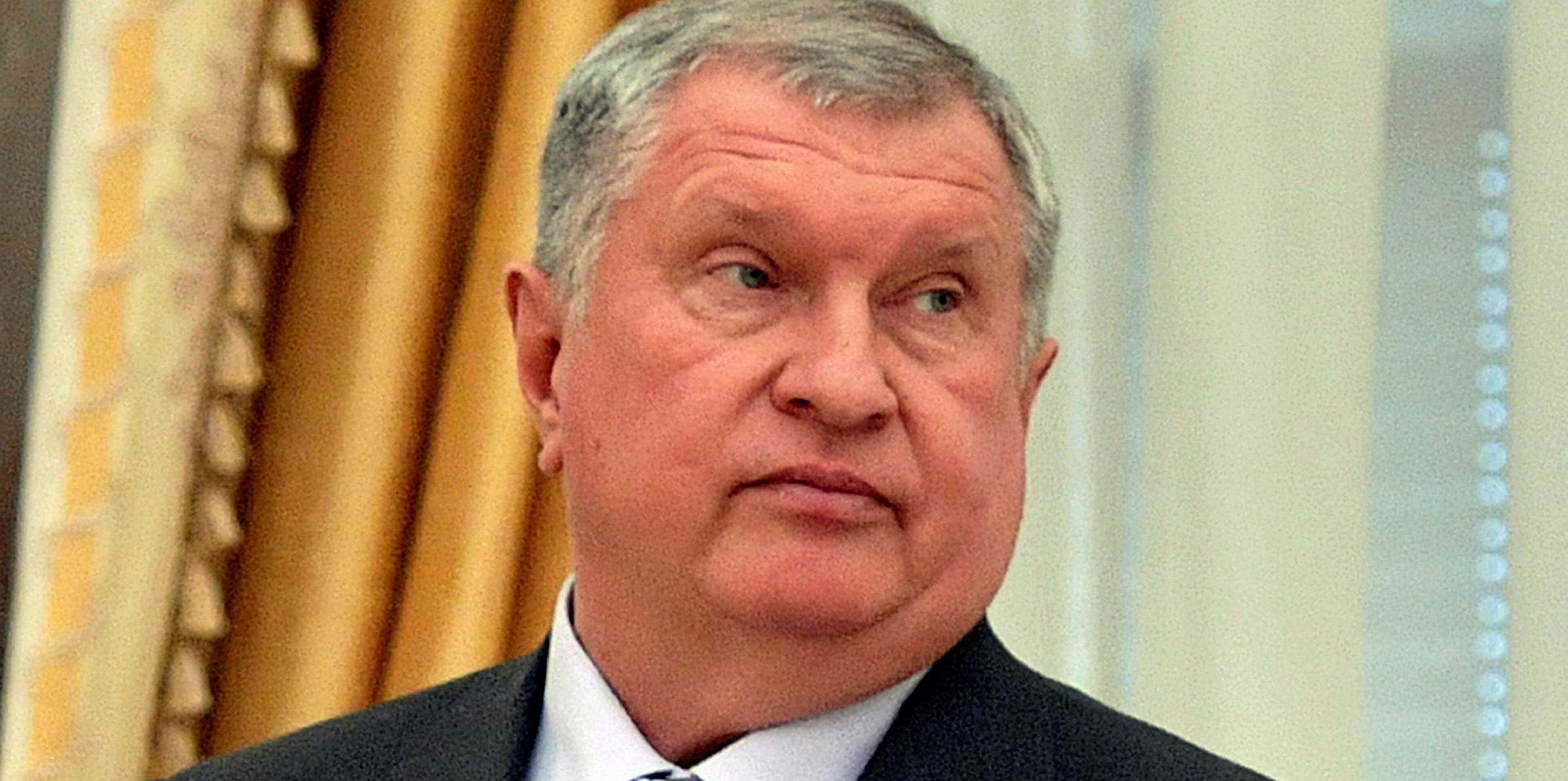Trafigura has suggested it would terminate dealings with Rosneft Trading after the Geneva-based trading arm of Russian oil giant Rosneft was put on the US sanctions list.
On Tuesday, the US Treasury Department sanctioned Rosneft Trading and its subsidiaries for shipping Venezuelan crude and said companies can have a 90-day grace period to wind down their existing transactions.
“Trafigura complies with all applicable sanctions and will comply with the requirements of these latest rules within the wind down timeline,” the trading house told TradeWinds in an emailed statement.
Oil and tanker markets have been embracing for the potential fallout from the US action, which, according to some experts, could disrupt Venezuelan trade and beyond.
Trafigura is generally considered to be one of the most important trading partners of Rosneft, having sold its Russian crude and petroleum products as a third-party trader aside from joint investments in Indian refiner Nayara Energy.
The company didn’t comment when asked about its direct dealings with the sanctioned subsidiary.
Since the US imposed sanctions on Venezuela’s oil sector in January 2019, the country’s crude exports have been generally below 1m barrels per day with India and China being the top buyers.
Greek tanker owners are mainly responsible for shipping Venezuelan crude in the high risk, high reward trade, according to vessel-tracking data.
“The recent US sanctions on Rosneft Trading threatens to hurt tonne-mile demand for crude tankers… Lower exports from Venezuela will boost exports from the Middle East to Asia,” Drewry’s lead tanker analyst Rajesh Verma said.
“In such a case tonne-mile demand for tankers will be hampered.”
Wider impact
Others warned of altered cargo flows and heightened counterparty risks for tanker owners across the globe, with Rosneft Trading shouldering a larger portion of its parent’s oil sales.
According to Reuters, customs data from brokers showed Rosneft supplied the subsidiary with a monthly average of 3.7m tonnes of crude and petroleum products between January and November 2019, equivalent to 20% of its total exports.
Rosneft group firms have faced US sanctions since the Russian annexation of Crimea in 2014, albeit at a small scale. They are barred from accessing US funding, but companies can still buy oil from Rosneft.
The US has stated the sanctions on Rosneft Trading would not apply to its parent and other group subsidiaries, which would limit the disruption to oil trade.
“The difference for companies doing business with the Rosneft parent and subsidiaries other than Rosneft Trading should not be dramatic,” law firm Peters & Peters partner Anna Bradshaw said.
“For Rosneft Trading…all US persons and anyone else subject to US jurisdiction will be prohibited from dealing in any way with the company or with its property.”
Even if a company can obtain a sanctions waiver, banks may be reluctant in processing any payment in a transaction involving Rosneft Trading, Bradshaw warned.







